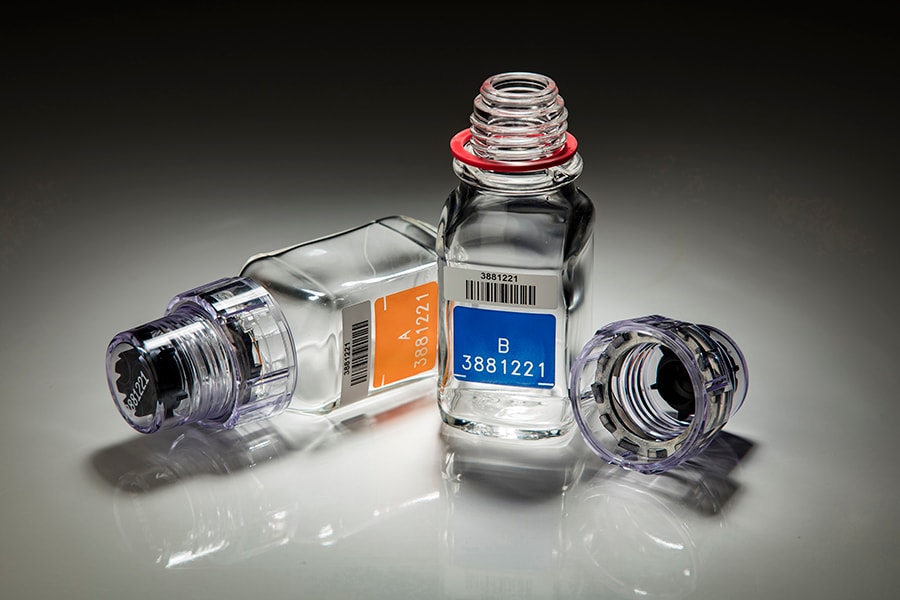
Will Russia be thrown out of the 2020 Olympics on Monday?
A primer on the latest doping scandal engulfing Moscow, and why this story sounds familiar
 Bottles used for specimen samples to test for performance enhancing drugs in athletes, in New York, May 11, 2016. There is a little more than seven months left before the opening of the 2020 Olympics, and Russia is bracing for yet another potentially severe punishment after a new accusation of state-sponsored doping malfeasance. Image: Tony Cenicola/The New York Times
Bottles used for specimen samples to test for performance enhancing drugs in athletes, in New York, May 11, 2016. There is a little more than seven months left before the opening of the 2020 Olympics, and Russia is bracing for yet another potentially severe punishment after a new accusation of state-sponsored doping malfeasance. Image: Tony Cenicola/The New York Times
There is a little more than seven months left before the opening of the 2020 Olympics, and, once again, Russia is bracing for yet another potentially severe punishment after yet another accusation of state-sponsored, performance-enhancing, sports-tainting doping malfeasance.
The short-term athletic fate of hundreds of Russian competitors and sports officials is set to be decided Monday, when the executive committee of the World Anti-Doping Agency meets in Lausanne, Switzerland, to decide whether to approve a set of punishments recommended by its compliance group. The most serious of those penalties: a four-year ban from global sports for Russian athletes and teams.
Sound familiar? It should.
For the better part of a decade, drama linked to Russia’s broad doping apparatus has cast a dark shadow of doubt over some of the world’s biggest sports competitions. Every time it feels as if the scandal might wane, it starts up again. For some people, then, the swift stream of accusations, investigations and denials has coalesced into a single, sludgy blur.
Worry not. We’re here to answer the most pressing questions about this latest drug-related episode so you can understand just what is at stake Monday.
What happened this time?
In January, as part of an effort to bring Russia into compliance with global doping rules, WADA investigators went to Moscow to collect a set of testing results from a laboratory at the center of the yearslong scandal. It wasn’t a raid; Russian officials had agreed to turn over the data.
©2019 New York Times News Service




